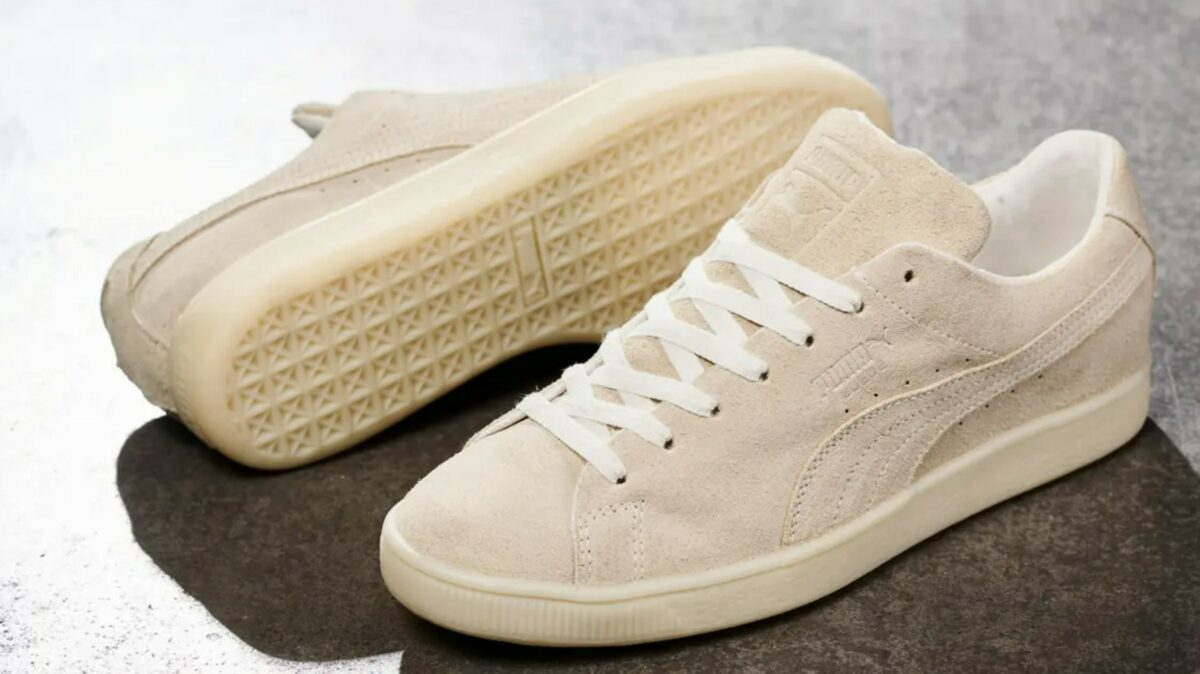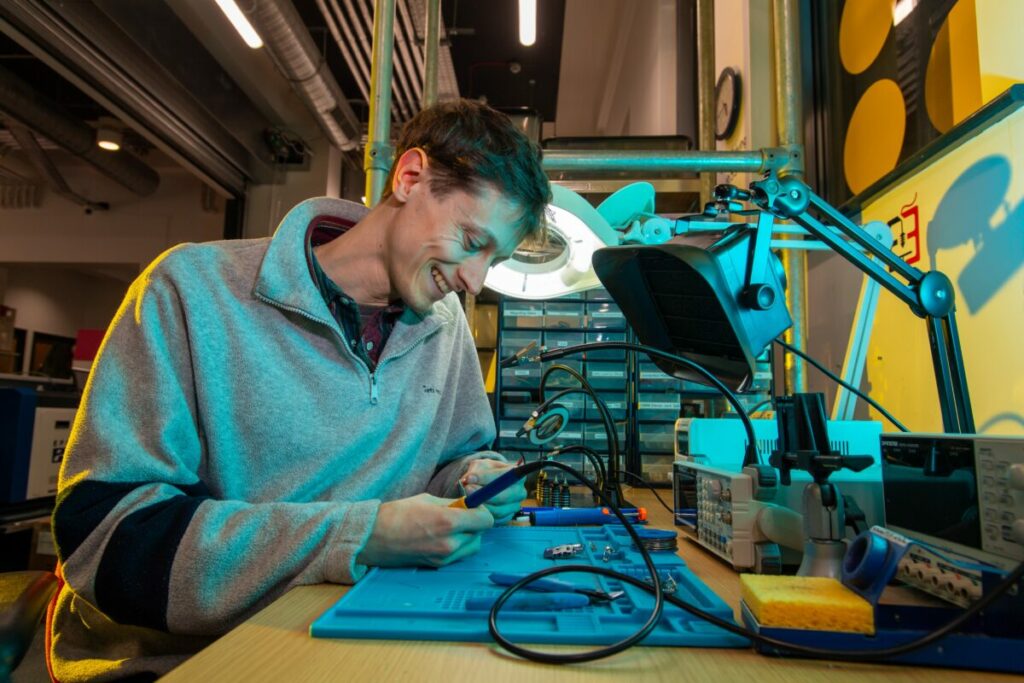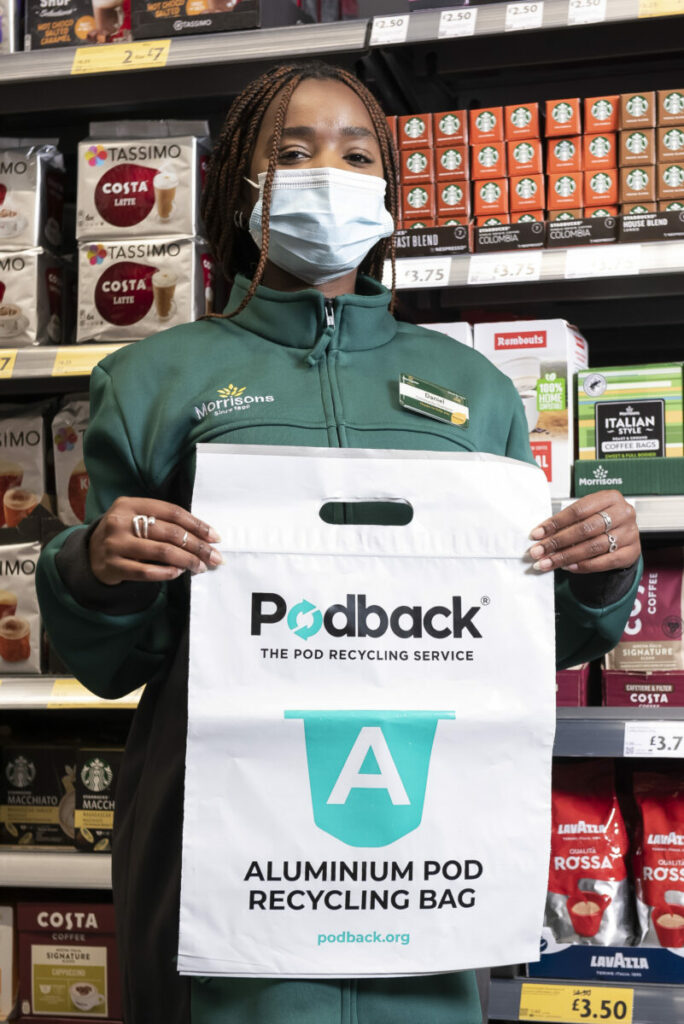Puma has successfully completed an experimental trial which saw it use household green waste to compost specially-made versions of its trainers under industry conditions.
The RE:SUED pilot project, which was carried out in collaboration with Netherlands-based company Ortessa Group, saw the brand create 500 pairs of the trainers in 2021.
The shoes, which were made with a tanned suede from Zeology and had a TPE outsole with hemp fibres, they were first shredded and mixed with green household waste, before being sprayed with nutrients and being placed in a composting tunnel.
After around 3.5 months the materials that were small enough to pass through a sieve were sold as Grade A compost for agricultural use. Any remaining materials were then returned to the composting tunnel until they had broken down to the desired level (under 10 mm).
Puma is set to share its findings from the investigation in a detailed report, so that it can be shared with industry peers.
Subscribe to Sustainability Beat for free
Sign up here to get the latest sustainability news sent straight to your inbox everyday
The RE:SUEDE programme was the first programme to launch as part of PUMA’s “Circular Lab”, which also features a RE:Fibre polyester recycling programme.
“While the RE:SUEDE could not be processed under the standard operating procedures for composting, the shoes did eventually turn into compost,” said Puma chief sourcing officer Anne-Laure Descours.
“We will continue to innovate with our partners to determine the infrastructure needed to make the process viable for a commercial version of the RE:SUEDE scheme, including a takeback scheme in 2024.”
Ortessa materials and innovations manager Marthien van Eersel added: “We learned a lot during the RE:SUEDE trial and how to streamline our industrial composting process to include items that need longer to turn into compost.”
“While all RE:SUEDE materials can decompose, the sole of the RE:SUEDE required more pre-processing and additional time in the composting tunnel to completely break down”.















